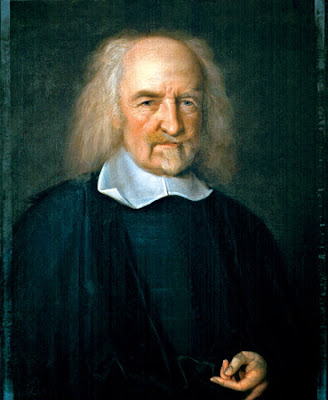“My intention here is not to exclude the consent of the people from being one just foundation of government where it has place. It is surely the best and most sacred of any. I only pretend, that it has very seldom had place in any degree, and never almost in its full extent. And that therefore some other foundation of government must also be admitted.”
– David Hume's “Essays, Moral, Political, and Literary” (1752), Part II, Essay XII (entitled “Of the Original Contract”)
Do governments require the “consent of the people”? If you think they do, you might be a believer in social contract theory, even if you don’t realize it yet. The idea that governments have actual duties to their people, and not just people having one-way duties to their governments, is at the foundation of every democracy; and is at the heart of social contract theory in every way.
United States Capitol
What is social contract theory, and why is it important?
In a nutshell, this social contract theory is basically the idea that there is an agreement between government and the people, which believers in this theory may or may not believe to have been written down on paper. In this agreement, it is held that governments agree to do certain things for their people, and that the people agree to do certain things for their society. These would include obeying the laws that their governments are actually authorized to make under this agreement – although not all laws would be authorized by these agreements, since some of these laws might be considered “unconstitutional” under its terms. (More on that later in this post – for now, I will just explain what social contract theory is at its most basic level.) What exactly the duties of each party might be is a matter of some controversy, I should acknowledge here, even among social contract theorists. Thus, I will not attempt here to specify numerous details of the duties owed by either side in this agreement. This would be too long a task for a single blog post, in fact, and would be beyond the scope of a blog like mine. Rather, I will attempt to show how social contract theory influenced the United States Constitution (since I am an American), and show how our own Constitution owes much to the English philosopher John Locke in this regard, since he was a great social contract theorist in a previous century. (For more on the basics of this theory, I will refer interested readers to another of my blog posts, which I link to here. This post will focus more on how this theory has been applied in actual practice, at least in my own country.)
Thomas Hobbes













